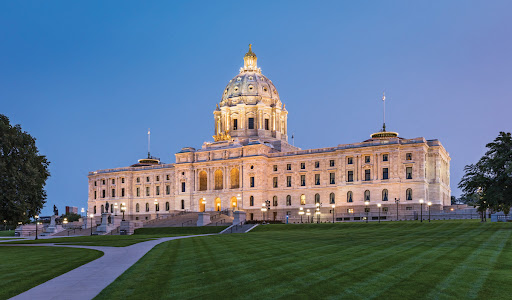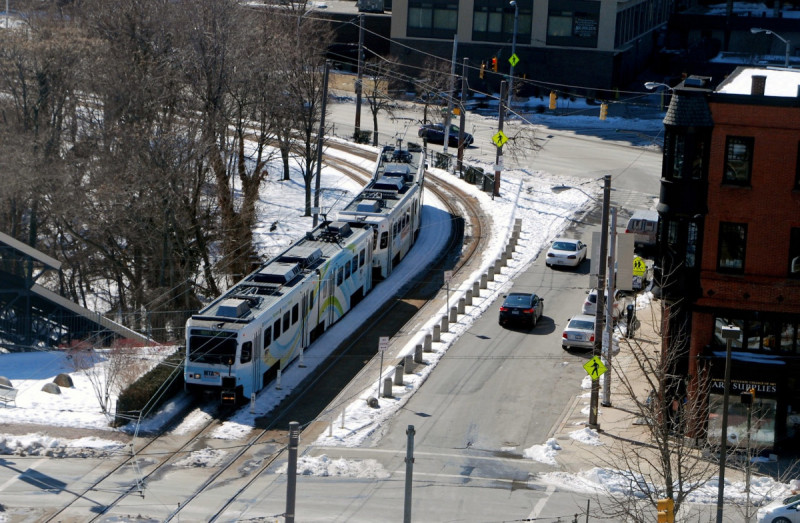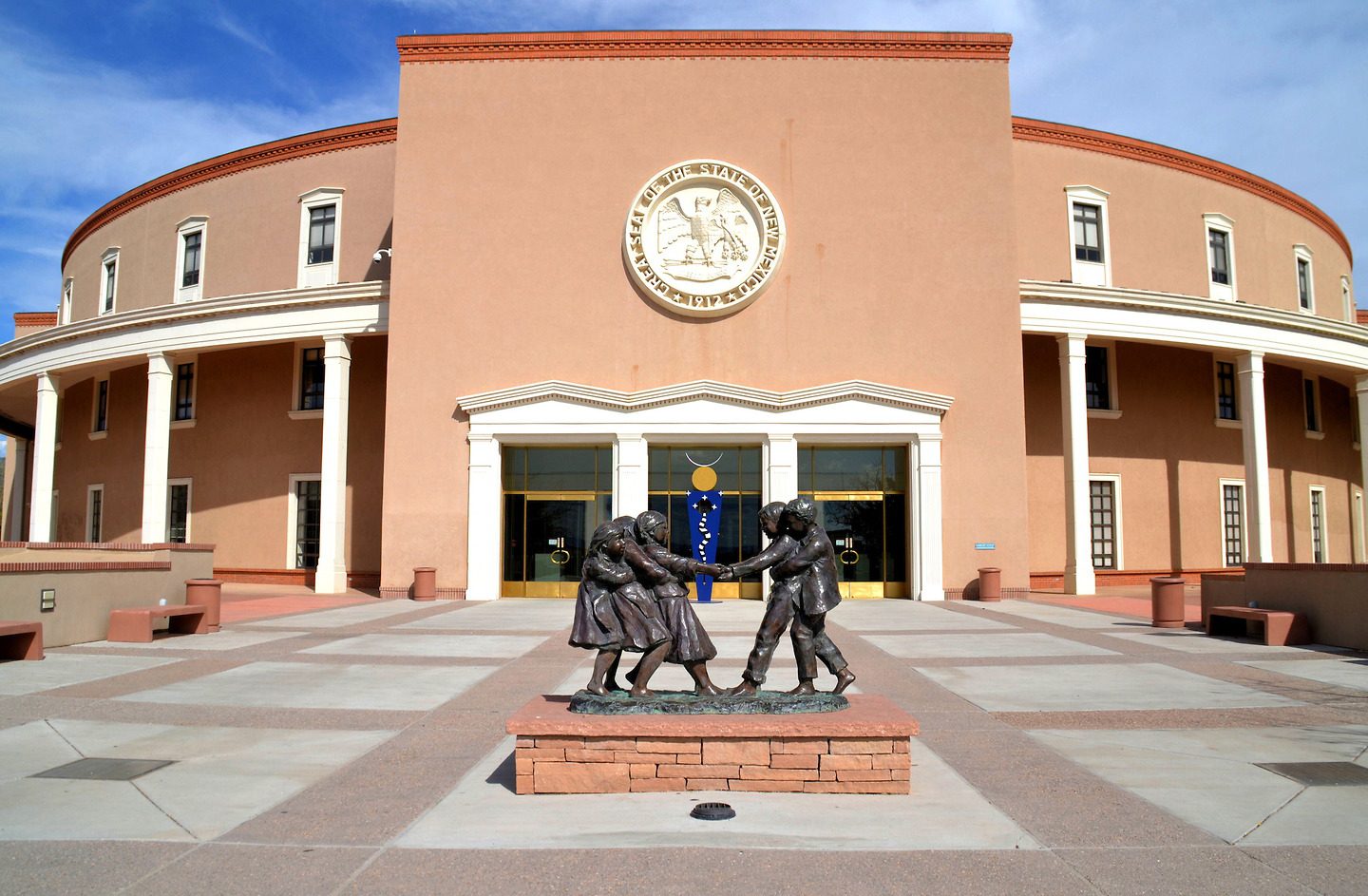Minnesota GOP ask for special session for hero pay, drought relief

Whether it’s COVID-19 frontline worker hero pay, drought-ridden farmers, or nursing homes struggling to stay open because of staffing shortages, Minnesotans are waiting for lawmakers to act.
But the next scheduled session isn’t until January 2022, and Gov. Tim Walz hasn’t yet called a special session. Senate Majority Leader Jeremy Miller, R-Winona, sent Walz a letter pitching a one-day special session to accomplish the following:
1. $250 million in hero pay bonuses.
2. Drought relief for farmers.
3. COVID-19 waivers.
4. Prohibit state-issued COVID-19 vaccination mandates.
5. Nursing home and long-term care support.
Miller’s nursing home relief package suggests spending up to $200 million including incentives such as $1,000 bonuses, loan forgiveness, and more for workforce stabilization.
Meanwhile, Walz activated 400 National Guard members to provide support to long-term care facilities experiencing staffing shortages and pitched spending $50 million of federal funding on nursing homes to hire and retain staff. Walz’s office says more than 22,000 long-term care residents reside at about 365 facilities statewide.
“Our long-term care facilities are facing an all-hands-on-deck moment, and that’s why we are taking unprecedented action to support skilled nursing workers, residents, and patients,” Walz said in a statement. “Financial support will help our skilled nursing facilities hire and retain talented staff to care for patients, and the Minnesota National Guard is preparing to fill any staffing gaps. I am deeply thankful to the skilled nursing personnel who work so hard to care for so many Minnesotans every day.”
Gayle Kvenvold, President and CEO of LeadingAge Minnesota, welcomed the help.
A crisis of this scope requires bold solutions, and we know we cannot fix this problem alone,” Kvenvold said in a statement. “We are grateful for these emergency actions and the collaborative efforts they represent. They provide critical support for weary caregivers and the seniors they serve and provide a bridge to more permanent solutions to address staffing shortages.”
Guard members continue to be deployed in alternative care facilities in Shakopee, Brainerd, and Saint Paul to provide transitional care to patients who no longer need to be hospitalized, allowing hospitals to treat those sick with COVID-19 and others requiring emergency support.
“One of the Minnesota National Guard’s pillars is people, as they are our most valuable resource,” Minnesota National Guard’s Adjutant Major General Shawn Manke said in a statement. “Our force is highly adaptive and with training will assist Minnesota’s health care community in responding to health care staffing shortages. We appreciate the employers of our citizen-Soldiers and Airmen, as we know these activations can disrupt their businesses and organizations. We ask that you continue to support the Guard members you employ as we all work to get through this challenging time. We thank our military families for their service, too, as we know they have to adjust their lives when activations occur.”
This article was originally posted on Minnesota GOP ask for special session for hero pay, drought relief



